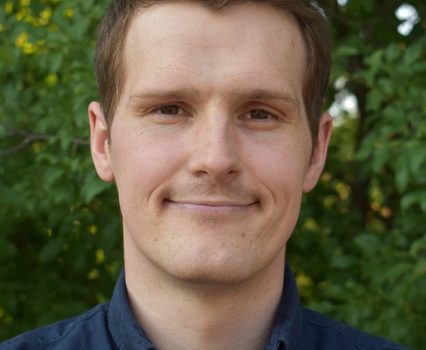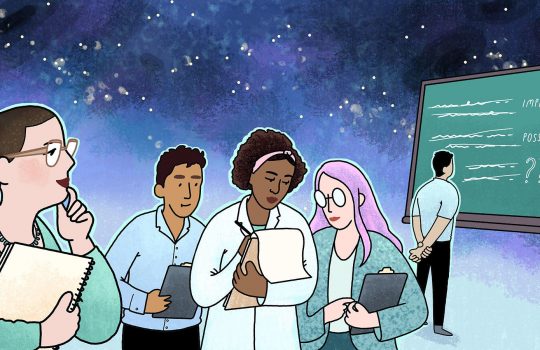U.S. is planning a nationwide quantum internet
- Argonne
- Argonne National Laboratory
- Department of Energy
- DOE
- quantum communication
- quantum information science
- quantum internet
- quantum network
- quantum science
- University of Chicago
From The Hindu, July 27, 2020: The The U.S. Department of Energy announced that it is working toward a national quantum internet that will rely on the movement and interaction of subatomic particles to control and transmit information. Scientists from Argonne National Laboratory and the University of Chicago have already created a quantum network in the Chicago suburbs. It will soon connect it to its Fermilab, creating an 80-mile test bed.


